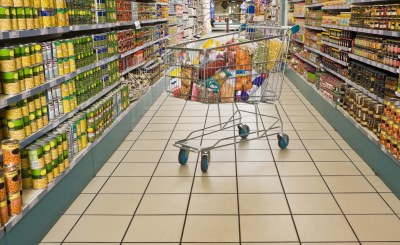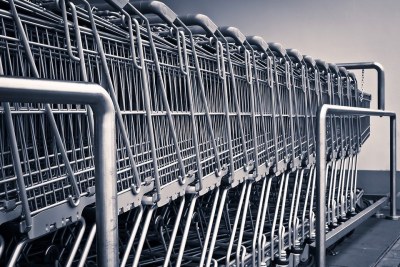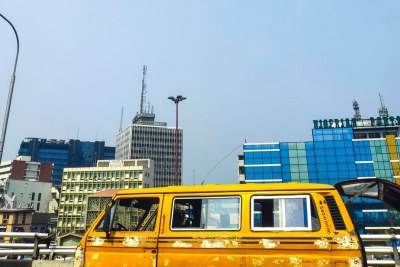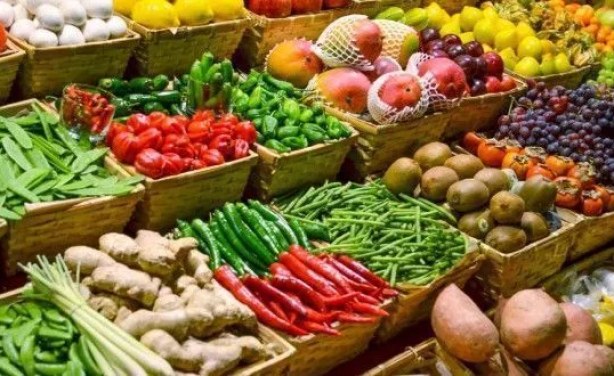-
Nigeria: Inflation Hits 15.40% Amid High Food Prices
Premium Times, 15 December 2021
Food inflation rose by 17.21 per cent in November, compared to 18.30 per cent in November 2020. Read more »
-
Nigeria: Headline Inflation Decreases in Nov. to 15.40% - NBS
Vanguard, 16 December 2021
Headline inflation decreased by 0.59 per cent to 15.40 per cent in November, the Statistician-General of the Federation, Mr Simon Harry says. Read more »
-
Nigeria: Inflation Slows to 12 Months Low On Base Effect
Vanguard, 16 December 2021
The headline inflation moderated by 60 basis points (bps) to 15.40 percent, the lowest level in 12 months. Read more »
Nigeria's Inflation Drops Further Amid High Food Prices
Nigeria's inflation rate fell for the eighth consecutive month in November to 15.40% from 15.99% recorded a month earlier amid a continuing increase in food prices, the National Bureau of Statistics said.
The country has said the persistent inflationary pressures are structural - linked to deficits and not solely a money supply issue - and largely imported. Nigeria imports many key goods and services. A dollar shortage has prompted the government to put restrictions on forex for certain items, keeping the pressure on prices.
The World Bank in November urged Nigeria to end its costly fuel subsidy within the next three-to-six months, improve exchange-rate management, and speed up other reforms to boost growth.
Nigeria had been grappling with low growth since before the Covid-19 pandemic triggered a recession and created large financing gaps, including dollar shortages and inflation.
InFocus
-
Food inflation reached its highest level in 12 years in March 2021 with the average price of food 22.95% more expensive than in 2020. While the rise has slowed in the last six ... Read more »
-
Africa's biggest economy is gripped by soaring food prices, high unemployment, and surging inflation - a cocktail that the World Bank warns is leading more Nigerians into a vicious ... Read more »





